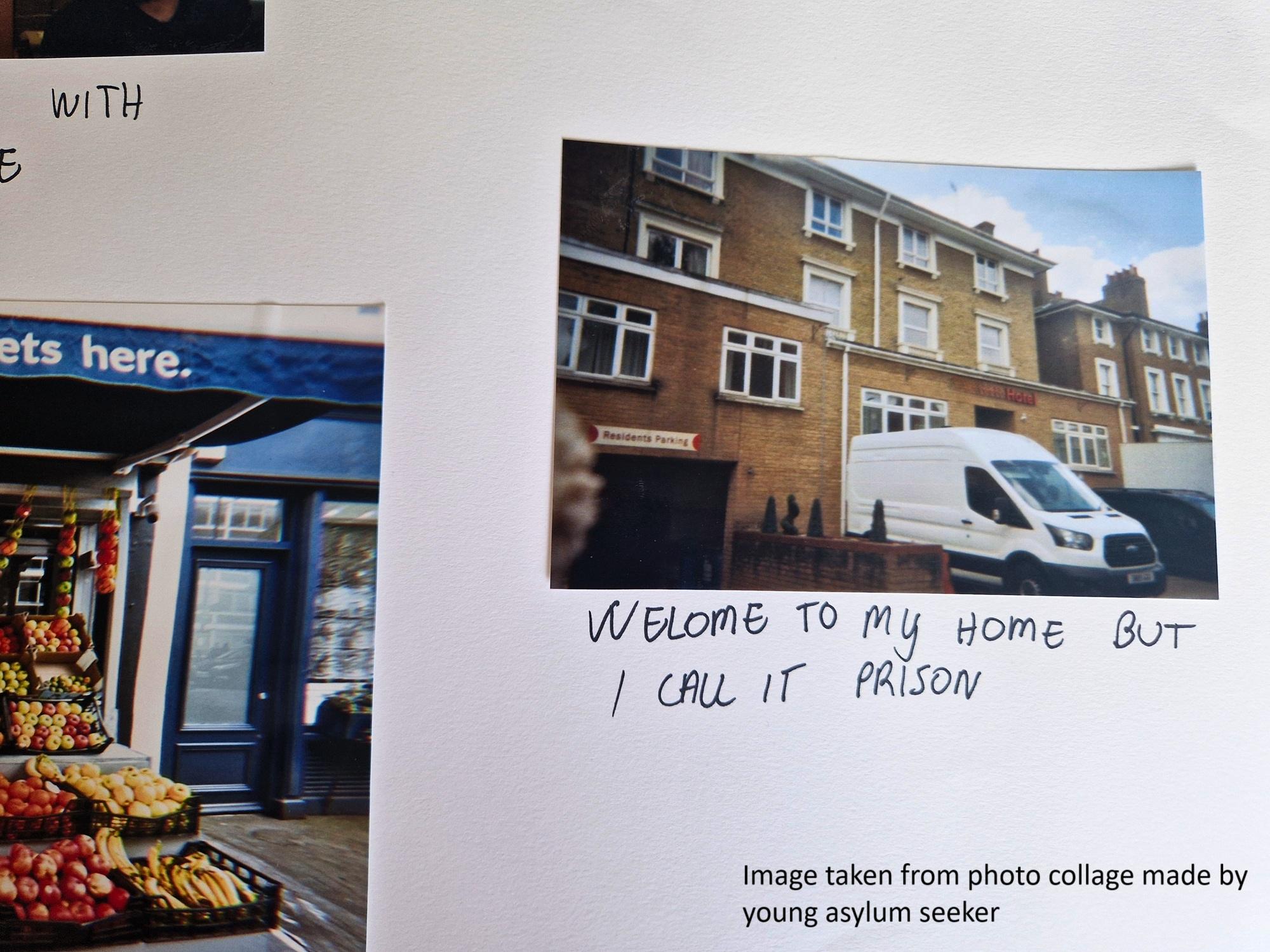Over the past days it has been impossible not to hear about the ‘legitimate concerns’ of people demonstrating outside asylum hotels, from unscrupulous politicians and journalists alike. But virtually nowhere do we hear an account of what it is like to be an asylum seeker living in such a place. MiCLU solicitor and Legal Aid Lawyer of the Year award winner Esme Madill shares some of her clients’ experiences below:
“One of the (many) depressing things about the hotel coverage is the complete lack of investigative journalism. In fact, the lack of just journalism. You would not have to investigate very hard to find someone who could tell you about the bed bugs. Or the cockroaches. Or the rooms with no windows. Or about how if you have a 5pm class at college three days a week and get home after the evening meal is served, you can’t eat on those three evenings, unless you spend your £9.95 a week (not a day) on food instead of travel, sanitary products or shampoo or deodorant. One young man told me he would spend his money on a haircut some weeks, as his mother had been so proud that he and his siblings were always neat and well presented as children, and he felt he was betraying her if he did not uphold standards she had taught him.
“A journalist could interview young women and girls, accepted victims of trafficking by way of sexual exploitation, too scared to leave their rooms and go to the dining hall, because to get there they would risk being alone on the stairs, or in the lift, with men and they would have flash backs. So, they don’t eat for days at a time because you cannot take food to your room.
“Journalists could talk to young people who feel intense shame that they are not permitted to work. One teenager used to dread walking down the street as he felt judged for looking like a healthy male who could not be bothered to get a job. He cleared the garden of an elderly neighbour – he wanted her to know he was not lazy and could work. At first, she was suspicious and then she brought him tea and a roast chicken at Christmas.
“It would take the briefest of internet searches to identify the positive impact of migration on the economy. All those stereotypes of lazy, benefit grabbing migrants and asylum seekers… I tell stories because it is how I make sense of the world and create the world I want to live in. And I could write for hours to dispel that myth.
The client who only got asylum in February and now has a not very well paid job in construction but who arrives at our offices, regularly, with two bags from Tesco, bursting with chocolate, crisps, juices, and nuts for current clients – because that is what we used to bring to appointments with him, when he was destitute. Or the young man who we supported to secure protection when a child, who came years later to see us at a drop-in session. He waited hours for his appointment and then said he only came to say he had qualified in plumbing, had a good job now, and really wanted me to let him know if I ever needed money, as he could help.
“I am aware of the danger of migrants and asylum seekers having to be saints or economically productive to ‘earn’ their leave. Some young people are so traumatised they are never going to work. They need care. They have been chained up like dogs and tortured and did not know if they would live or die. I think we are brave and kind and wealthy enough to create a world where they are protected and not demonised or vilified.
“Other people can tell other stories – I don’t want them to be silenced. Democracy is precious. But the one-sided reporting and the cruelty and brutality accepted in discourse around asylum seekers and migrants directly feeds into the attacks on hotels and the casual racism.
“It’s time we turned ‘legitimate concerns’ into compassion and care.”










